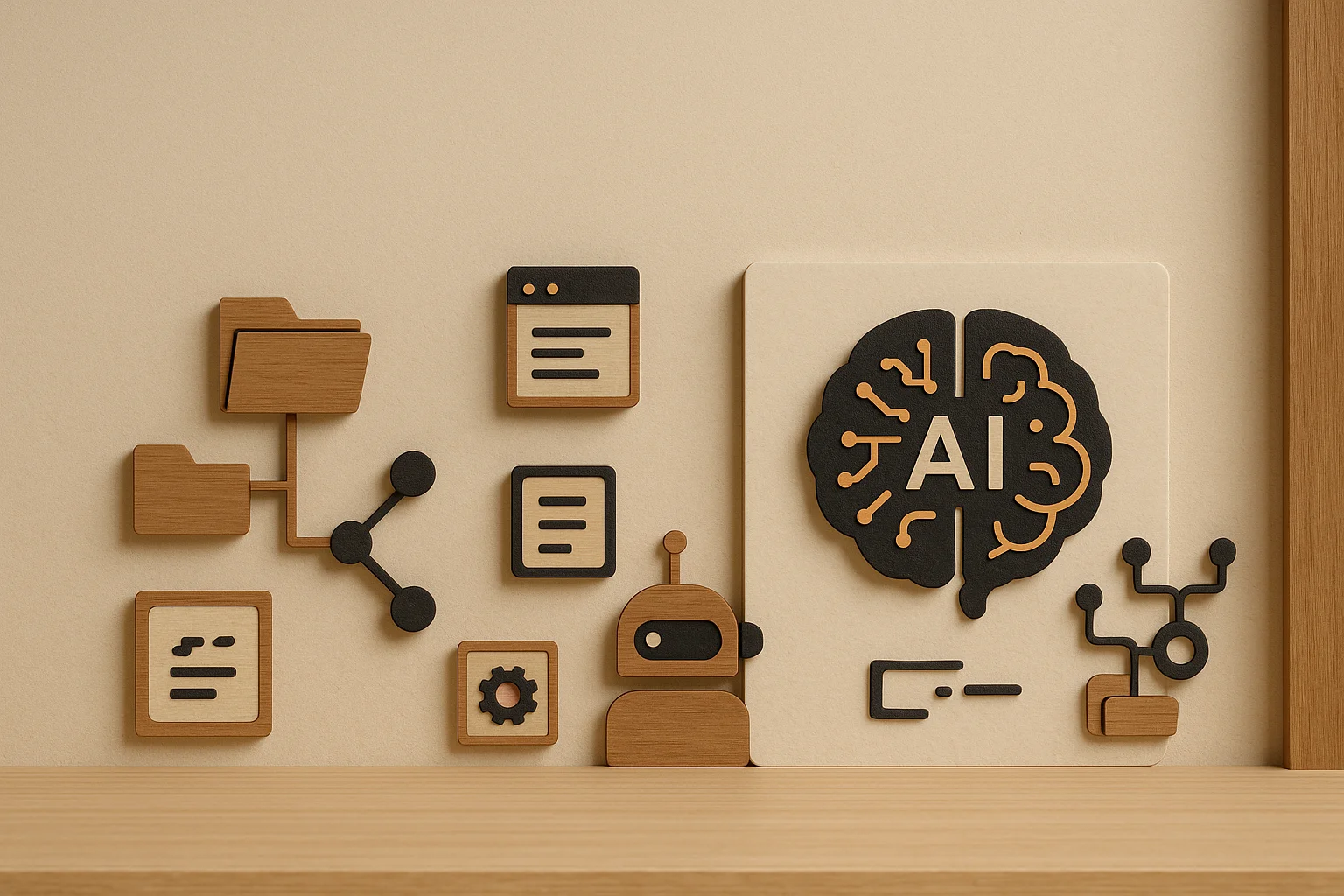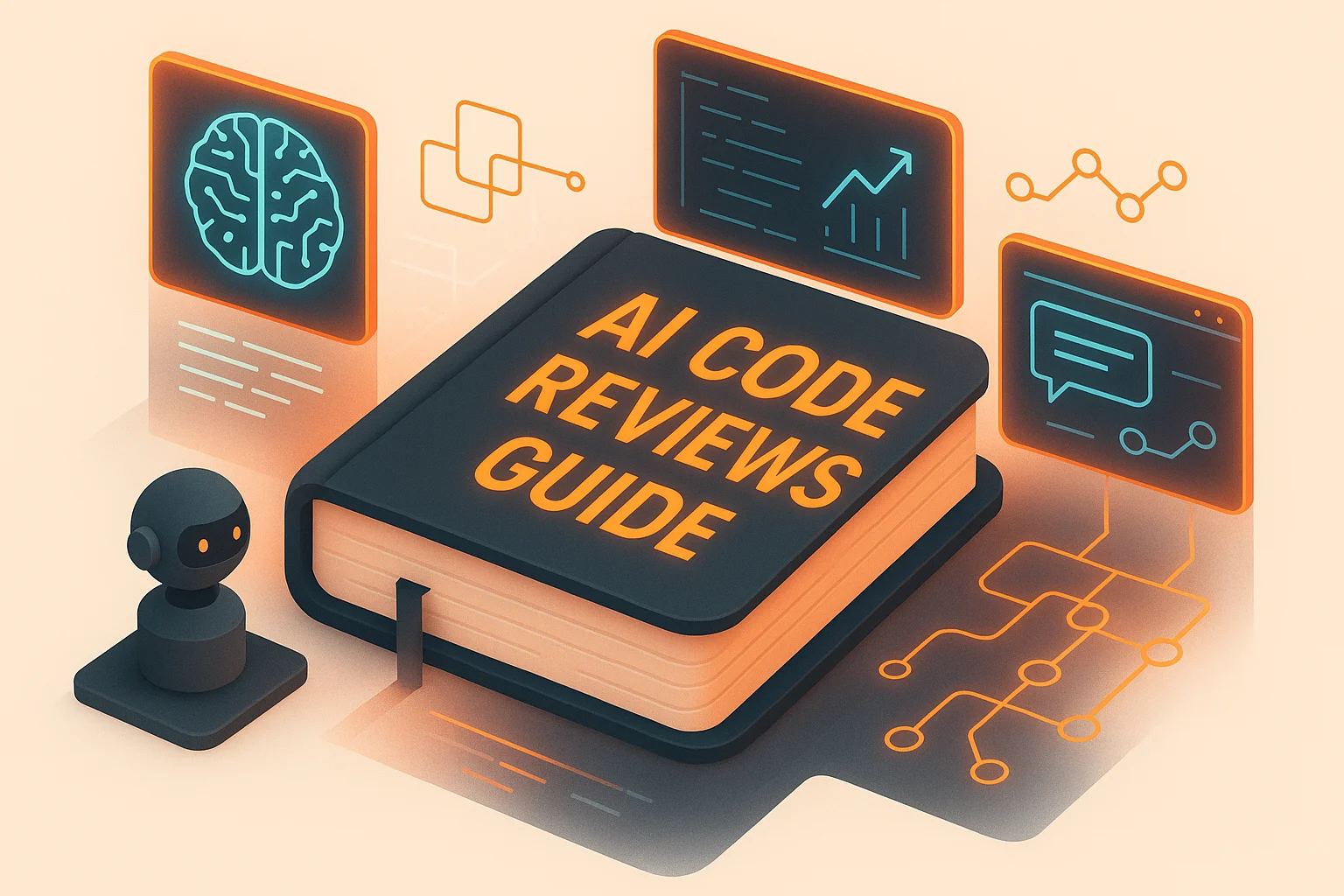AI-First Development Patterns for Modern Teams

Quick answer
AI-first development means designing your repos, processes, and review policies so humans and assistants collaborate by default. Standardise context, automate predictable feedback, and let tools like Propel enforce quality gates while engineers focus on architecture and product impact.
Teams adopting AI piecemeal rarely see lasting gains. The breakthrough comes when you restructure work so models have the context they need, reviewers see only high-signal feedback, and automation continuously improves based on human decisions.
Five pillars of AI-first development
1. Context-ready repositories
Adopt consistent directory structures, README templates, and architecture decision records. AI agents rely on these cues to produce accurate suggestions and reviews.
2. Policy-driven reviews
Encode severity definitions, security requirements, and performance policies so AI can do the first pass. Propel keeps merge gates red until blocking criteria are satisfied.
3. Shared prompts and playbooks
Curate prompt libraries for common tasks (bug triage, test writing, design reviews). Store them alongside code so engineers and agents stay aligned.
4. Observability and feedback loops
Track acceptance rate of AI suggestions, false positives, and cycle time. Propel’s dashboards expose where automation helps or hinders.
5. Human-in-the-loop governance
Engineers make final calls, annotate overrides, and feed decisions back into model training. That governance keeps tooling trustworthy.
Designing AI-first workflows
- Kick off with an AI-generated plan checked by tech leads before coding begins.
- Pair programming becomes human + agent: engineers navigate while AI drafts functions.
- Propel runs automated reviews, tags severity, and routes to specialist reviewers.
- CI executes agent-authored tests plus contract tests from humans.
- Post-merge retros feed lessons into prompt libraries and policy updates.
Documentation patterns that unlock better assistance
- Place README.md files in every service with domain language, APIs, and constraints.
- Use ADRs to explain why architecture choices were made; link them in pull requests.
- Add code comments for non-obvious trade-offs so AI avoids rewriting deliberate hacks.
- Maintain a `prompts/` folder with validated workflows for common tasks.
Quality assurance in an AI-first world
- Generate candidate tests via agents, then review them for brittle assumptions.
- Use AI to fuzz inputs and identify edge cases, but require human approval for fixtures.
- Propel verifies that required checks (accessibility, security, performance) pass before merge.
- Log test gaps surfaced during incidents to train future prompts.
Measuring progress
Leading indicators
- AI suggestion acceptance rate above 60%.
- Time-to-first-review under 4 hours with automation support.
- Documented prompts reused across teams.
Lagging indicators
- Defect escape rate trending downward.
- Developer satisfaction with AI tooling rising quarter over quarter.
- Faster onboarding timelines attributed to AI-ready documentation.
FAQ: adopting AI-first patterns
How do we prevent AI-generated changes from lowering quality?
Keep humans in the approval loop, enforce merge policies through Propel, and require tests for every AI-authored fix. Share examples of unacceptable output so models learn quickly.
What if leadership worries AI will slow us down?
Start with a pilot, track cycle time and incident data, and present gains. Propel’s analytics make ROI visible, helping secure ongoing investment.
Can small teams adopt AI-first practices effectively?
Absolutely. Standardise documentation, use multi-agent workflows sparingly, and let Propel automate review hygiene so you can ship faster with confidence.
Ready to Transform Your Code Review Process?
See how Propel's AI-powered code review helps engineering teams ship better code faster with intelligent analysis and actionable feedback.


